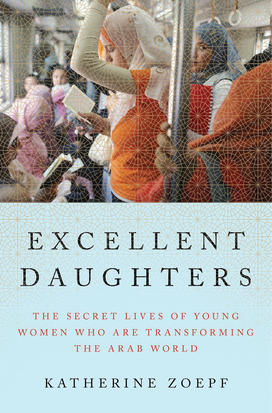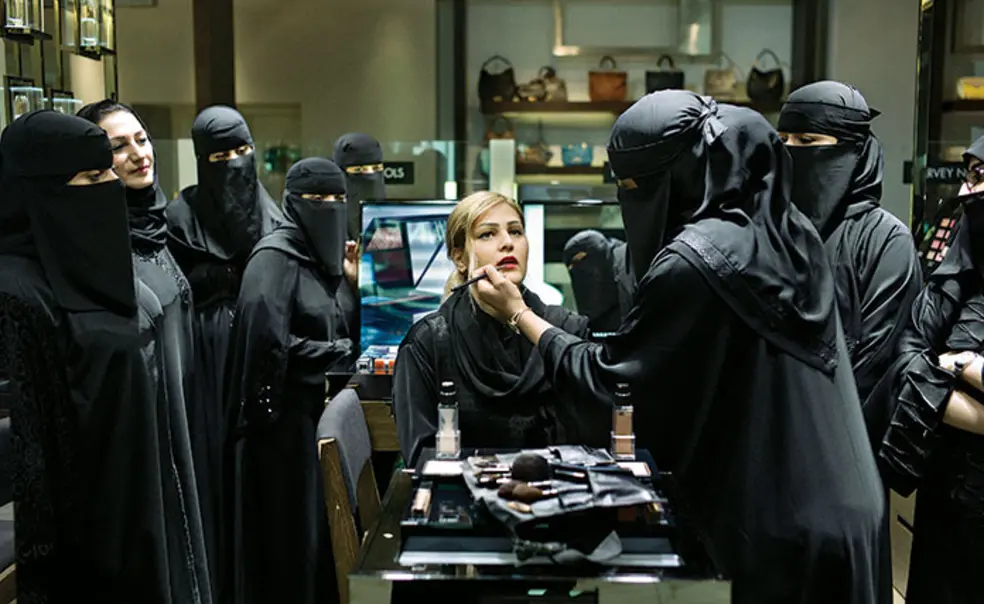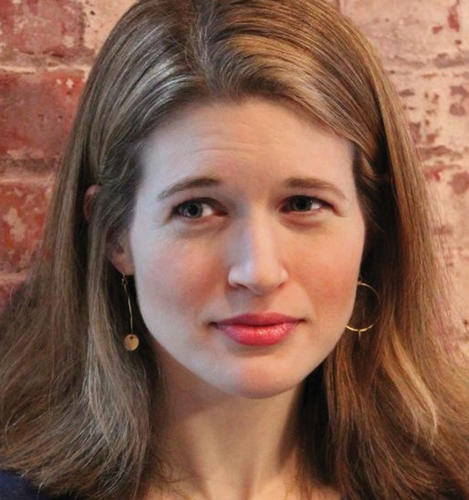
What are some of the ways that women’s lives are changing?
Education levels among women have gone through the roof in the last generation — young Arab women are graduating from college and going to graduate school in greater numbers than males. These figures, interestingly, are tilted in favor 0f the most conservative parts of the region, like Qatar and Saudi Arabia. In part because women have fewer opportunities outside the home, education is a socially acceptable means to a kind of freedom young women wouldn’t have otherwise. Marriage is also coming later — it was common for a woman to marry in her teens, but that practice is dying out pretty rapidly.
You also write that many of these women have conservative political and social views. Is this in tension with the changes you describe?
There’s a tendency for Westerners to view Arab women as monolithically oppressed. This leads us to conceive of young Arab women living in opposition to their society almost by definition, and we don’t see the ways that they are making decisions and playing active roles in their society. So yes, some believe that a woman’s word in court is worth half of a man’s testimony, or campaign to encourage polygamy. But these women aren’t brainwashed. We accept the idea that American women can have a diversity of opinions. But for some reason when we think about women in the Middle East, we sometimes lose that tolerance for complication.
You document a lot of shifts made at the individual level. Why is that significant?
It’s a different way of thinking about resistance. In an authoritarian system, there’s a tremendous amount of personal risk for these women, even in the context of the family. So it means that something as simple as working in a lingerie store — something that Saudi women have only recently been able to do — can have a tremendous impact. Earning a salary and gaining power and decision-making capacity within the family structure in some ways has a bigger impact on society than something like political participation.
Many of the countries you’ve covered have experienced great violence. What is it like to write about women’s lives in that context?
Reporters tend to focus on big political events like wars and terrorist attacks. I wanted to look at the social change that was getting lost in the chaos. We can see in our own country how rapidly public opinion has changed on something like gay marriage, but if there were a civil war here and a dozen terrorist attacks, I doubt people outside the country would notice. So I wanted to focus on the way social norms change, the way the texture of family life changes, even with all of this upheaval as the backdrop.
At times the book is quite personal. Did you connect with these women?
I’m very uncomfortable writing about myself, but I felt that it was the only way to tell the story accurately. When I was about 5, my mother had a religious conversion and became a Jehovah’s Witness. Since then, I’ve been interested in the idea of faith and how it changes people — how for the sake of an idea, people can give up everything. There’s an awful lot of silence around faith, but we have to ask respectful questions about it because it shapes the world in very profound ways.
Interview conducted and condensed by Amelia Thomson-DeVeaux ’11













No responses yet